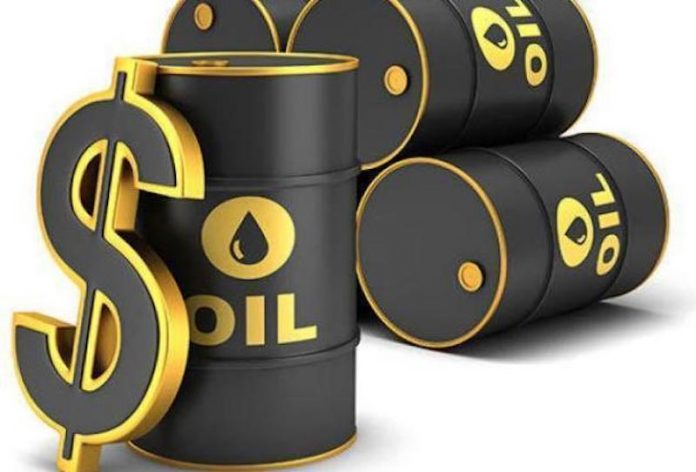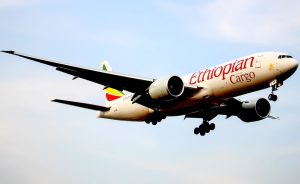Africa: Deloitte – Despite 60 Percent Share of W’africa’s $80bn Oil Market, Nigeria’s Cost of Drilling Highest Among Peers

Abuja — Despite controlling at least 60 per cent of West Africa’s $80 billion oil market, Nigeria’s cost of drilling per barrel is about 40 to 50 per cent higher than its peers, a report by Deloitte, a global firm which provides audit, consulting and financial advisory services across various industries, has said.
Besides, the report stated that the West Africa oil and gas market is projected to achieve a compound annual growth rate (CAGR) of 6.5 per cent from 2025 to 2033.
According to the report, Nigeria and Ghana are leading contributors, accounting for around 80 per cent of the market’s value, underscoring West Africa’s vital role in Africa’s energy landscape and its growing significance in global oil and gas supply.
The report added that the sector faces five major challenges, including limited access to funding for independent producers, persistent cost premiums (with Nigeria’s operating costs 40-50 per cent higher than global averages), ongoing security threats, regulatory hurdles, and inadequate infrastructure.
Addressing these issues, Deloitte said, is critical for unlocking the full potential of Africa’s oil and gas industry, as Nigeria holds 60 per cent; Ghana 20 per cent, while others hold the rest 20 per cent.
While some of the issues are structural, Deloitte stated that others have been exacerbated by new political, economic, and energy transition dynamics. Together, the report stated that these challenges define a uniquely African landscape for 2025, one that demands adaptive thinking to resolve.
However, it said that strategic reforms such as Nigeria’s Petroleum Industry Act (PIA) and the establishment of the $5 billion Africa Energy Bank (AEB) aim to improve regulatory certainty and funding access, with oil and gas companies increasingly investing in digital tools and data analytics to boost efficiency and reduce costs.
These innovations, alongside collaborative public-private partnerships, it said, are essential for sustainable growth and energy security in the region.
“West Africa is one of the most expensive regions in the world to drill, making it more challenging for African producers in Nigeria to compete globally. This cost premium stems from a confluence of factors.
“Nigeria’s operating costs are estimated to be 40 to 50 per cent higher than in comparable oil producing jurisdictions. Factors include: insecurity in production regions, complex procurement rules, local content requirements, high insurance costs for foreign contractors,” the Deloitte report added.
The report explained that these premiums add significantly to project costs, often without a corresponding return in productivity or efficiency.
“Local content rules, while necessary for domestic capacity-building, can further inflate costs when required inputs or services are not readily available in the domestic market. This creates tension between producers and governments, as the intention and the impact often result in duplicated spending. Typically, a project’s first attempt is local sourcing, followed by repeat procurement offshore when delivery fails.
“Alternatively, middlemen get invited through alliances to satisfy rigid local content requirements. In addressing these cost premium issues, the Nigerian President recently issued some executive orders to cut through complex procurement processes and local content rules”, the report said.
Consequently, it pointed out that producers operating in West Africa are under enormous pressure to identify savings elsewhere.
In addition to reimagining their operating models, Deloitte Consulting teams working with oil and gas companies in the region, confirmed the increasing shift by producers towards spending more on technology and data analytics.
This, it said, is meant to increase efficiency and unlock cost savings in operations, finance and supply chain functions by implementing digital tools.
By This Day.



